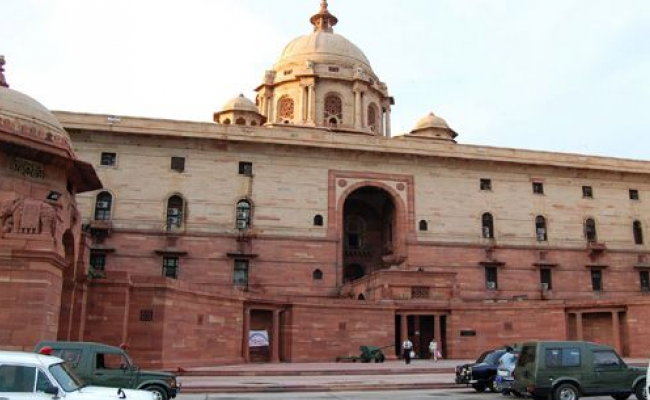Non-Resident Indians are expecting a host of reforms from the Indian budget, set to be announced on July 5, that would ease the rules for them to conduct business in India and increase their involvement in helping boost India’s economy.
A huge show of support by NRIs was seen as partly responsible for the Prime Minister Narendra Modi’s resounding victory in recent elections which got him a second five-year term in office.
“I would expect that the outreach towards NRIs will continue,” said Reshmi Khurana, Managing Director and Head of South East Asia at Kroll.
Indians abroad have been clamouring for easing of norms governing their investments in gold, real estate, fixed income. They also want the Modi government to be less stringent with taxes on their investments. Some of their wishes may get fulfilled but with the economy still in recovery mode, Finance Minister Nirmala Sitharaman may not adopt a stance that was too accommodative to Indians living abroad.
One of the key points of the 2018 Budget that impacted NRIs was the introduction of a 10% long-term capital gains (LTCG) tax imposed on profit above INR 1 lakh which will, in all probability, continue this year.
“One of the dampening change in the Budget (last year) was the re-introduction of Tax on Long-term Capital Gains (LTCG) on listed equity shares, units of an equity oriented mutual fund and units of business trusts (listed securities),” said Ajay Kumar Sanganeria, Tax Partner, KPMG in Singapore.
Appeasing the Indians living abroad would make sense given their growing influence on the Indian economy. Whether through bank accounts, real estate investments, remittances or foreign portfolio investments, most Indians abroad have a portion of their assets and wealth in India.
This is highlighted by the fact that India has been the world’s largest recipient of remittances from the diaspora for the last three years, reaching a whopping USD 79 billion last year.
The Indian diaspora is clearly an important cog in the Indian economy and the government is sure to keep its influence in mind come Budget Day.




